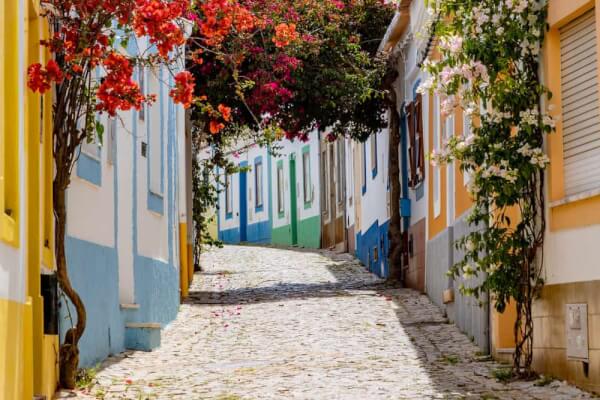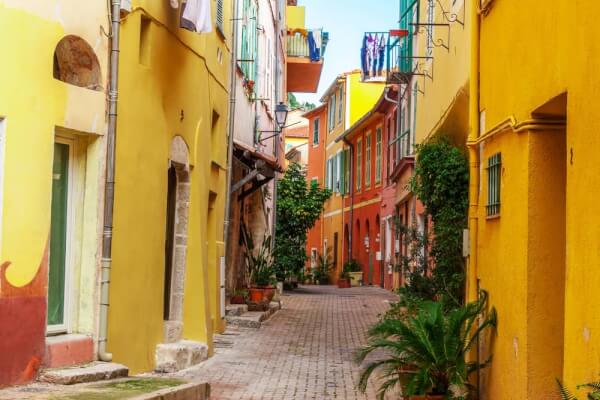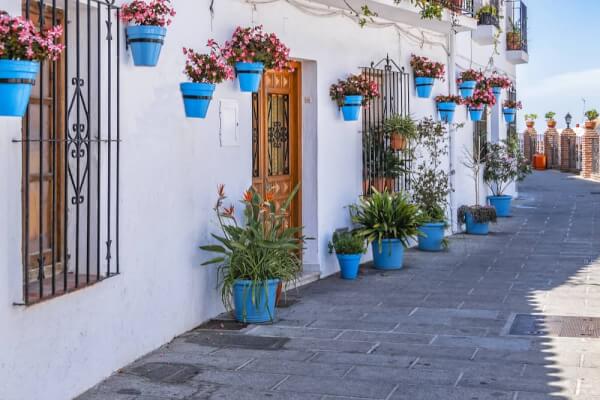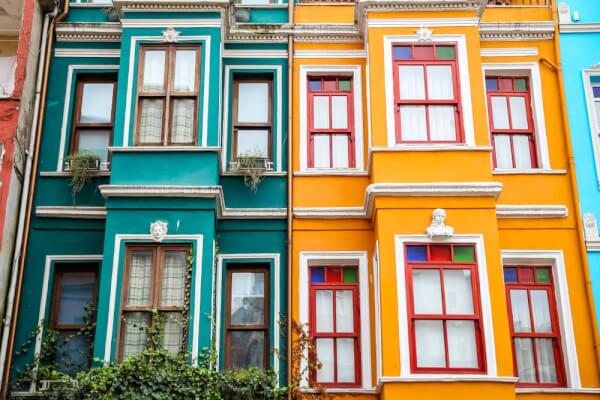Buying property in Ireland as a foreigner
The essential guide to buying property in Ireland as a foreigner, including property prices, where to buy, mortgages, fees and more.

Picking up a property in South Africa is an enticing prospect. Not only are there fantastic locations, to live or set up a holiday home, the houses and apartments on sale in South Africa tend to be excellent value for money, in part due to the low value of the South African Rand. This makes them suitable as an investment for some expat buyers.
Whatever your reasons for looking for a new home in South Africa, you need to understand the type of mortgages available, and the steps needed to get one set up. There are some hurdles and restrictions when it comes to getting a home loan as a foreigner in South Africa, but with the right local advice and some cash in your pocket for a large down payment, it’s certainly possible.
This handy guide covers which banks offer mortgages and home loans in South Africa to non-residents, the paperwork you'll need to get your loan, the legal ins and outs and what it might cost.
The mortgage market in South Africa is very well developed. However, there are certain restrictions on the mortgage products that foreigners can apply for. You need to research in advance to understand both your eligibility and how the different products work, to make a considered decision. It’s useful to know that you might hear mortgages referred to in South African English as ‘bonds’, shorthand for ‘mortgage bonds’.
Non-resident expats will be asked to make a sizeable deposit payment, even once approved for a loan. This can run up to as much as 50% of the purchase price. These rules are slightly more relaxed once you have residency or a work permit for South Africa. As a foreigner you have to have any loan you apply for approved by the South African Reserve Bank before you're able to proceed with your house purchase.
The first thing you have to decide is whether you want a fixed rate, or variable rate product. Fixed rate mortgages will guarantee the same interest rate will be applied for the duration of the agreement. This is usually in the region of about five years.
Variable rate mortgages are more common than fixed rate products in South Africa. Unlike a fixed rate product, these can cost more or less depending on how the interest rates change.
Different banks and brokers will offer different products, and not every customer can access all of the loans available. You might even find that there are mortgages which are tailored to your needs if you’re a first time buyer, for example, or looking to invest a significant amount in South african property. You’ll likely need to take specialist advice to help you understand all the products available to you.
You can choose to arrange your loan directly with a bank or loan originator, or have a broker help you to do so. Although it's perfectly possible to arrange a mortgage directly with your chosen bank in South Africa, it might be a good idea to take expert advice from a qualified mortgage broker. This is especially important if you’re new to the South African mortgage market and not familiar with all the options or regulations.
Foreigners, resident or not, can legally buy property in South Africa, and apply for a mortgage. Individual banks will set their own terms, as well as needing to work within the legal requirements of the South African Reserve Bank. Interest rates in South Africa are fairly high, and foreign buyers must pay significant down payments before the purchase can proceed. All in all, you can expect to be offered slightly less favourable conditions, and higher interest rates, as a foreign investor.
The options open to you for getting a mortgage in South Africa vary depending on your personal circumstances, and the value of the property you want to invest in. Your application will be subject to a number of checks to ensure that you can afford the loan, and you’ll usually asked to pay a fairly high deposit. Offers vary, so it’s worth talking to a few brokers or banks to see what deals they can offer you.
The exact paperwork you'll need will depend on the bank you use. However, you can expect to be asked for the following:
Affordability is an important deciding factor in whether or not you'll be offered a loan. Expect to have to show a maximum debt to income ratio of 30% to 33%, to demonstrate that you can afford to pay back the mortgage even if your circumstances should change.
To get a mortgage in South Africa, you’ll generally need to follow these steps:
Arranging a mortgage in South Africa will mean you have to have fees to pay such as administrative fees and legal costs. The exact prices of fees applied will vary depending on your circumstances, but when you add it all together, it’s a costly transaction. Brokers Ooba offers a online property costs calculator which is very handy for working out the likely fees and charges you’ll find levied on your purchase.
In South Africa, when arranging a mortgage, you can also expect to pay fees including the following:
Depending on the situation you might find that there are other costs, both in taxes applied and the costs of arranging the loan. It’s sensible to budget an extra 4% or 5% of the purchase costs for fees related to the property transfer and arranging the mortgage. However, the major initial outlay will be the deposit you have to pay to secure the loan and the sale. As a non-resident foreigner this could be up to 50% of the property cost.
Whatever your situation, you’ll incur costs, and if your main account is outside of South Africa, you might need to send money to yourself from abroad to pay fees and incidental costs. If this is the case then it’s important to check what you’ll be charged when you make an international money transfer. You’ll probably find that your home bank won’t offer you the best deal. Even if they claim to offer fee-free transfers, you can be sure that their cut will be rolled up into a poor exchange rate.
A better option is the use a specialist service like Wise, to transfer cash using the same real exchange rate you can find on Google with only a small, transparent fee. Alternatively, you can hold cash in any one of many different currencies in a Wise Borderless account, so it’s ready to transfer over to your lawyer as soon as you close the deal on your new home.
All major banks in South Africa offer mortgage products, with a reasonable choice of loans which are suitable for expats, and non-residents. Check out the fine print of the products offered, as they come with fairly strict terms and conditions.
You might be able to get a local mortgage with one of the following brokers or banks:
If you’re starting to look for your perfect new place in South Africa, the jargon can be a bit bewildering. Here are some important terms to help you:
Buying a new home is a big step, and when you’re buying in a new country, it can be a daunting process.
Although there are restrictions on the loan products you can get hold of to finance your dream home in South Africa, it's certainly possible to get a mortgage that suits an expat buyer. You’ll need a large cash amount to start you off, but if you do your research, you’ll get a deal that works for your circumstances. Before you know it, you could be enjoying your new permanent or vacation home in South Africa .
Good luck with buying your new home!
*Please see terms of use and product availability for your region or visit Wise fees and pricing for the most up to date pricing and fee information.
This publication is provided for general information purposes and does not constitute legal, tax or other professional advice from Wise Payments Limited or its subsidiaries and its affiliates, and it is not intended as a substitute for obtaining advice from a financial advisor or any other professional.
We make no representations, warranties or guarantees, whether expressed or implied, that the content in the publication is accurate, complete or up to date.

The essential guide to buying property in Ireland as a foreigner, including property prices, where to buy, mortgages, fees and more.

Everything you need to know to buy property in Portugal as a foreigner from the UK. Read about where and how to buy property, average house prices, and more.

The essential guide to help you buy property in France as a foreigner coming from the UK – from fees and taxes to average house prices.

The essential guide to buying property in Italy as a foreigner, including average prices, best places to buy and key legal information.

Want to buy property in Spain as a foreigner from the UK? Read our guide on buying property in Spain, including average prices, legal info and more.

The essential guide to buying property in Turkey as a foreigner, including property prices, where to buy, mortgages, fees and more.